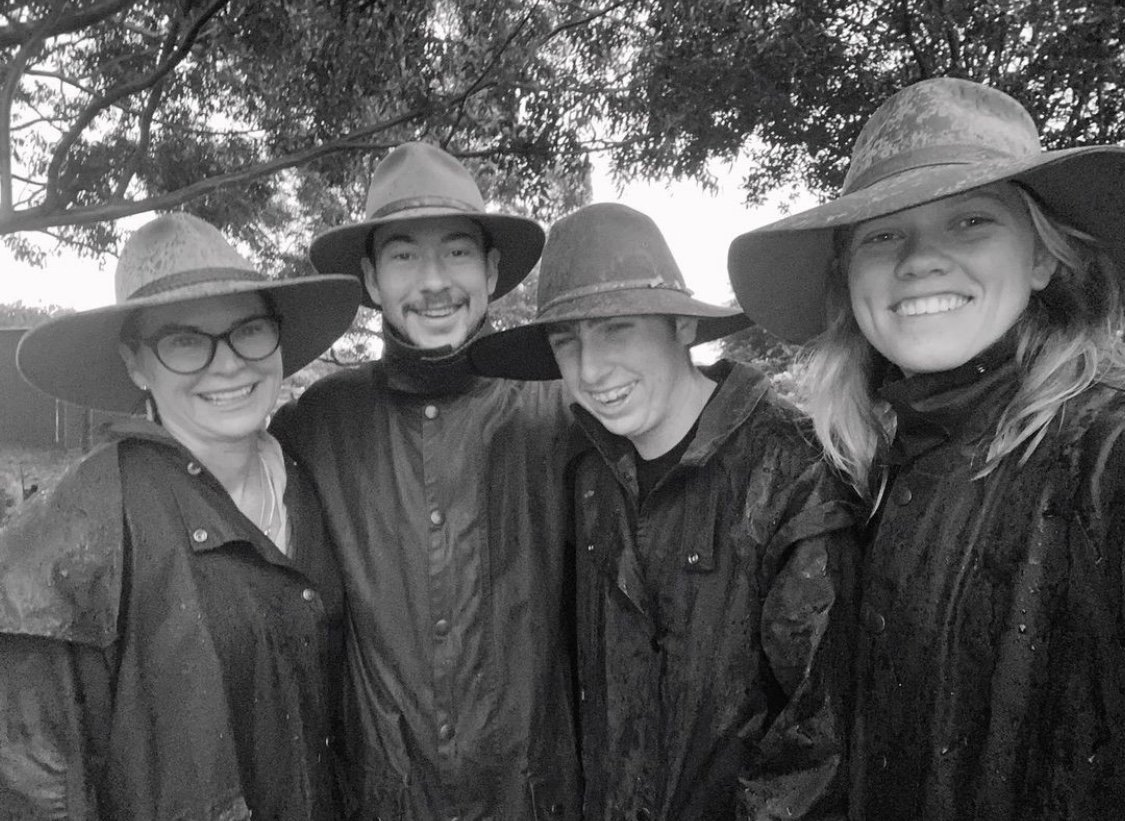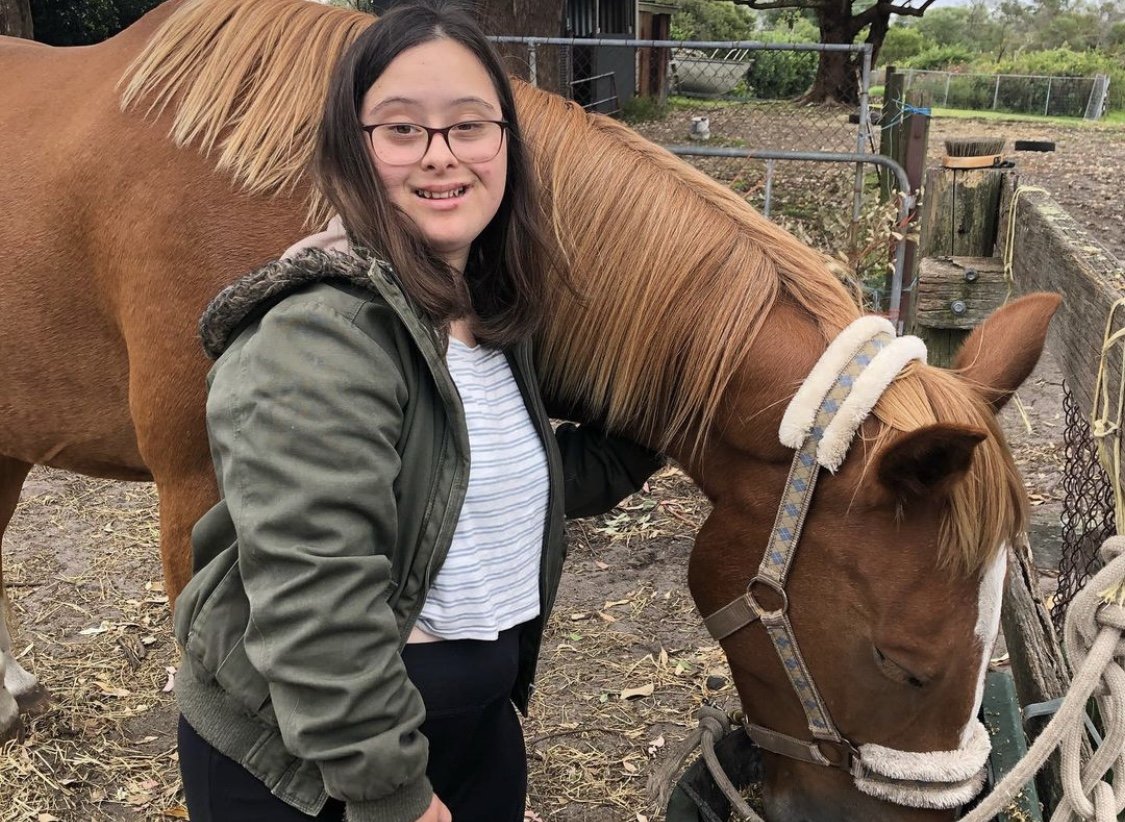Psychotherapy + Ecotherapy and Reiki
Psychotherapy, Eco-therapy and Reiki sessions are suitable to all people seeking to heal and understand the origins around behaviour and coping mechanisms that may inhibit your full potential.
These sessions focus on supporting you through either traditional psychotherapy clinic environments, or being in nature to experience a more integrative and unique experience.
With your wellbeing as the main focus these session allow you to safely explore unwanted patterns and behaviours that may arise during the process and allow you to let go and move forward with new insight.
Psychotherapy + Ecotherapy and Reiki
What’s included?
A 1:1 sessions in clinic or in nature where you can explore your main stressors and concerns. With many Psychotherapeutic modalities we explore tools that you can take away and your unique experiences can be healed
Chelsea is Also trained in Reiki 3, therefore has the skill sets to be able to apply the gift of reiki wherever it is needed within the session for the client.
By Integrating Reiki and Psychotherapy together we are able to clear dissonance in the subconscious that affects you now and maintain the confidence to move forward
What experiences can a psychotherapy or Ecotherapy session support?
Psychotherapy or Ecotherapy can support anything from present moment challenges such as stress in the workplace to trauma induced or unconscious patterns and behaviours that may be playing out creating dissonance in your life.
Book Here
Meet Your Therapist Chelsea Fraser
The word Psyche translates in latin to The human soul, mind, or spirit and this is what Chelsea is passionate about preserving. Everything in her life has been inherently entwined with the natural world, from her own healing to the healing she now offers others. As well as being a Psychotherapist, Chelsea combines her knowledge of the psyche with eco therapy and Reiki training to heal and help you find your own unique life purpose.
kind wordsFrequently Asked Questions
what is animal therapy?
Animal therapy builds on a concept called the human-animal bond, which describes people’s desire to interact with and relate to animals. For many people, by interacting with a friendly animal, they can form a bond with them. This bond can produce a calming state in the person.
This bond itself may help the person in several ways, such as reducing boredom, increasing movement and activity through walks and play, companionship, decreasing loneliness, increasing social interactions, improving mood and general wellbeing.
how does animal therapy work?
Animal therapy can have several goals, and these will determine how it works. The type of therapy and target for this therapy may change depending on the condition and the type of aid that a person needs. Some examples include: Providing, comfort and reducing levels of pain, improving fine motor skills, increasing motivation towards activities such as exercise or interacting with others.
canine therapy mental health benefits
The researchers note that the therapy may be beneficial for people from many different age groups with various conditions. For example, a 2019 study found that the use of therapy dogs improved the efficacy of mental health treatments among adolescents.
Together, these factors may make the therapy helpful for aspects such as Dementia, depression, anxiety, autism spectrum disorder, attention deficit hyperactivity disorder (ADHD), schizophrenia.
Studies involving the use of therapy horses and dogs have shown that animal therapy might also help alleviate the symptoms of post-traumatic stress disorder (PTSD).
Some people going through rehabilitation for drug use disorder may also respond well and have a greater sense of well-being when working with an animal.
animal therapy physical health benefits
Some forms of animal therapy may also help with markers of physical conditions, including epilepsy, heart failure, pain from cancer treatment, postoperative recovery, recovery after a major stroke or another condition that causes a person to lose motor skills.
Working with animals in these cases may motivate the person to continue therapy, boost their mood and reduce signs of pain. For physical conditions, it may help them move correctly and exercise often.
Additionally, some long-term care facilities may offer animal therapy to help improve the mood and general well-being of people in these facilities.
do I have to know how to handle horses to participate?
There are no prerequisites for riding or horsemanship skills required. Most interactions occur on the ground, this is not about horse riding. Think counselling in a paddock supported by horses.
what if I’m scared or allergic to horses?
We offer workshops and seminars where the horses aren’t physically present, yet we still follow the same philosophy and principles.
Individual counselling sessions can be tailored to each person, offering observations and limited contact according to your tolerance levels. This would involve focusing on other techniques, supports & different styles of counselling.
A little side note, horses may represent “fear” that is actually related to other fears. In this instance interacting with horses may actually assist the counselling process.
what do I wear to a session?
Wear comfortable clothing that you can bend and stretch in. Choose something that is ok to get dirty, and closed in shoes – to protect your feet.














